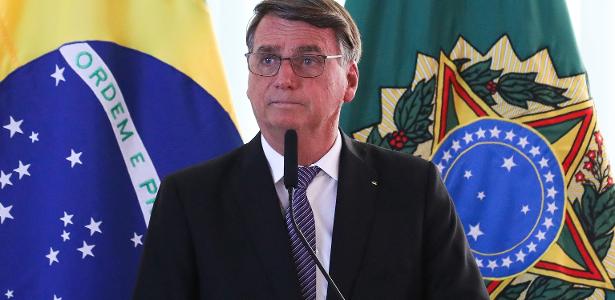
The 60th edition of the Summit of the Heads of State of MERCOSUR and allied States is taking place today (21) in Paraguay. This is the block’s first one-on-one meeting since the start of the Covid-19 pandemic. The event will end the provisional Paraguayan presidency and begin the Uruguay mandate. On the same date, there would also be the PROSUL meeting, the Forum for the Progress and Development of South America, created a few years earlier as an alternative to UNASUR.
Discussions, covering the Common External Tariffs (TECs), regulatory matters and regional specifications, are expected during the MERCOSUR leaders’ meeting. In addition, sustainability, the energy agenda and infrastructure development should also guide the debate.
An agreement must be signed to combat femicide between the countries of the bloc. It should also appear to deepen ties with other partners in the region and beyond, with particular attention to the legal review of the MERCOSUR-European Union Association agreement, which is experiencing a moment of sensitivity.
Last year, as the bloc celebrated its 30th anniversary, President Jair Bolsonaro Brazil defended updating the TEC as a central part of the process of recovering mobility. He spoke of the need to modernize the bloc and the importance of redoubled efforts in external negotiations to promote innovation and attract foreign investment.
Despite this, however, Brazil is experiencing one of its many ambiguities in terms of foreign policy in the region. Whereas professional diplomacy tailors agreements and makes it possible to sign important documents in line with the country’s foreign policy traditions, as was the case with presidential declarations on defense cooperation, post-pandemic recovery and digital integration signed at previous summits For example, the chief executive himself does not miss the opportunity to articulate his lack of political interest in this agenda. There is a huge gap between what the government says and what it does in this area.
Indeed, its actions in the last Summit and at this Summit are, in themselves, a manifestation of the lack of a sense of priority in issues of regional integration. The 59th meeting, chaired by Brazil, at the end of 2021, provides for a return to face-to-face meetings. A few days before the event, however, the Bolsonaro government decided to convert the event to a virtual format. The gesture caused much embarrassment and was seen by foreign negotiators as a deliberate boycott by the Brazilian government, as the decision coincided with a visit by former President Lula to Argentine President Alberto Fernández.
In this year’s event, the 60th meeting, Bolsonaro decided not to go to Paraguay at all Alleging “schedule issues in Brazil”. At the last minute, government sources said he would likely participate by sending pre-recorded videos to be shown to other participants during the meeting.
Yesterday, the official agenda of the President included meetings with Pedro Cesar Sousa, Deputy Head of Legal Affairs at the General Secretariat of the Presidency of the Republic; With Carlos Massa Ratinho Jr., Governor of the State of Paraná; with deputy Ottoni de Paula (MDB/RJ); and the participation of the President in the inauguration of the 57th National and International Conference of the Casas da Bancao Churches, in addition to some acts of approval of Pl.
Today, apart from another meeting with Pedro Cesar Sousa, the president has only three other meetings scheduled: with two of his own ministers and with the Union’s Attorney General Bruno Bianco. Last night, the President went to Mane Garrincha Stadium to watch the match between Flamengo and Juventude.
In addition to the frequent protocol embarrassment at the events mentioned above, Bolsonaro’s relationship with the bloc has also been marred, in recent years, by provocations and ironies regarding the partners, in addition to a significant crisis involving the environmental agenda and its effects. has been marked. Incited in matters of external relations of Mercosur.
In 2022 alone, Itamarti’s data, accumulated up to June, shows that Brazil exported about US$10.5 billion to MERCOSUR countries. Brazil is the largest country in the bloc. It is the most populous, regionally large and economically important country in Latin America. It was then considered the strongest propeller of interest in the region in the world. With Bolsonaro, he saw this heroism eroding.
Like many other fronts of the country’s international engagement, we are facing another leadership deficit. In Paraguay, in 2022, we once again see government policy phagosizing opportunities to address state affairs.



